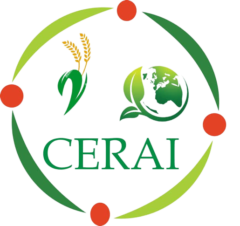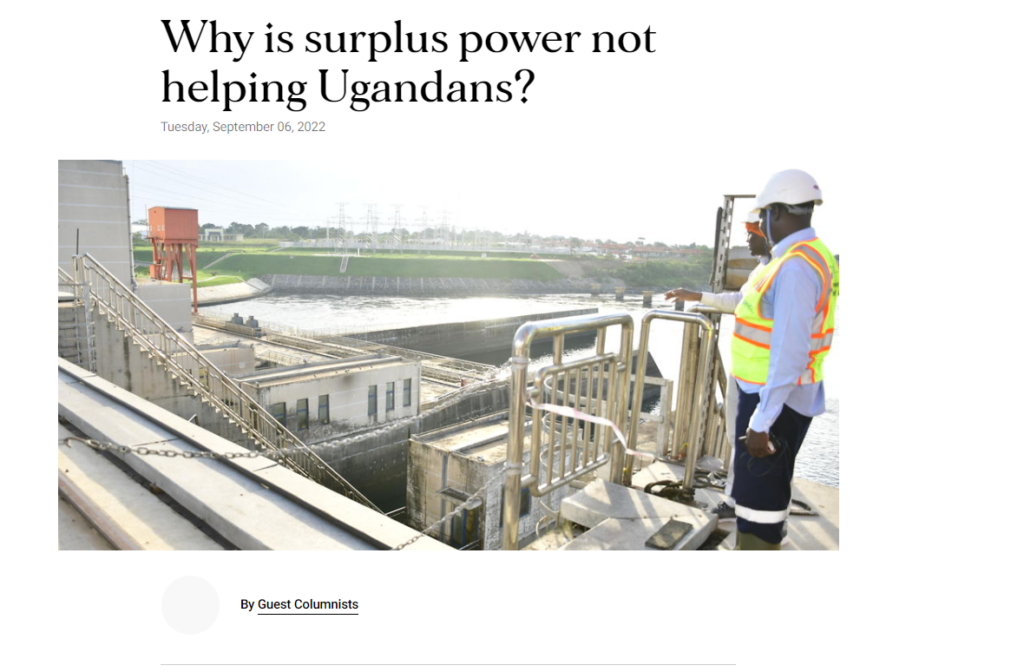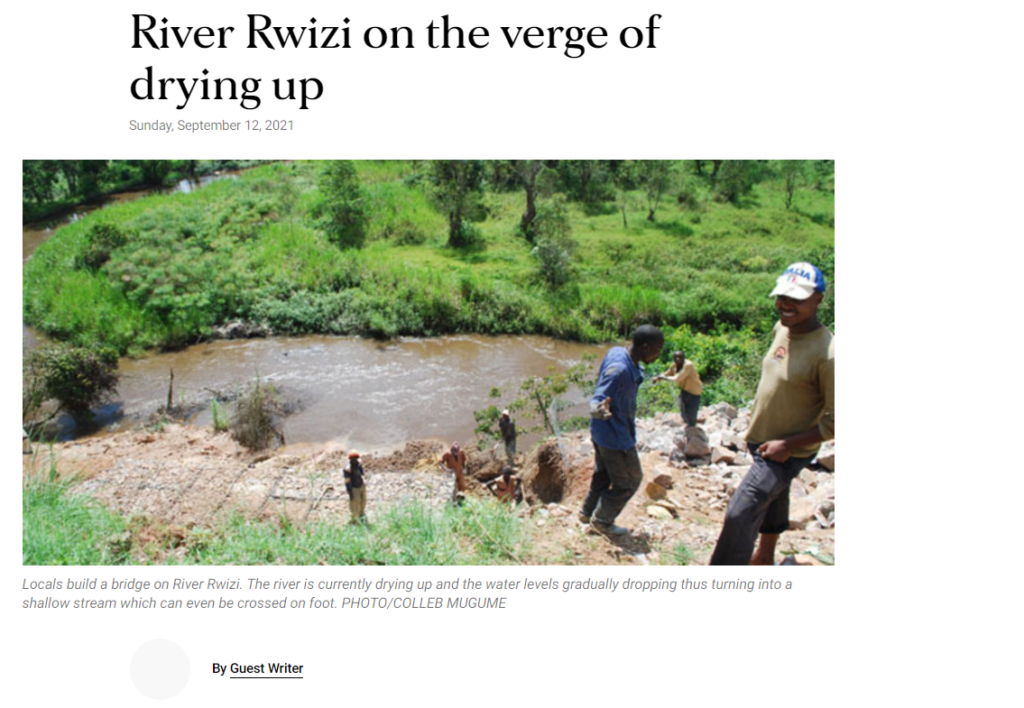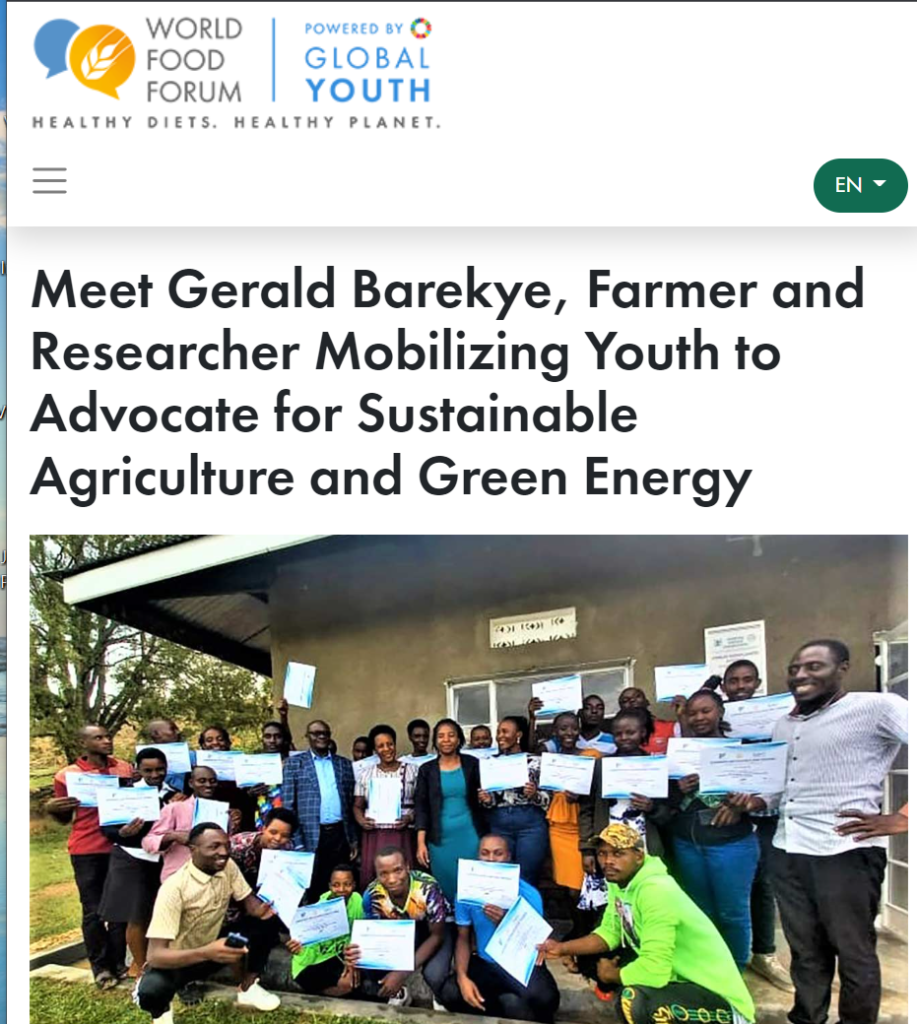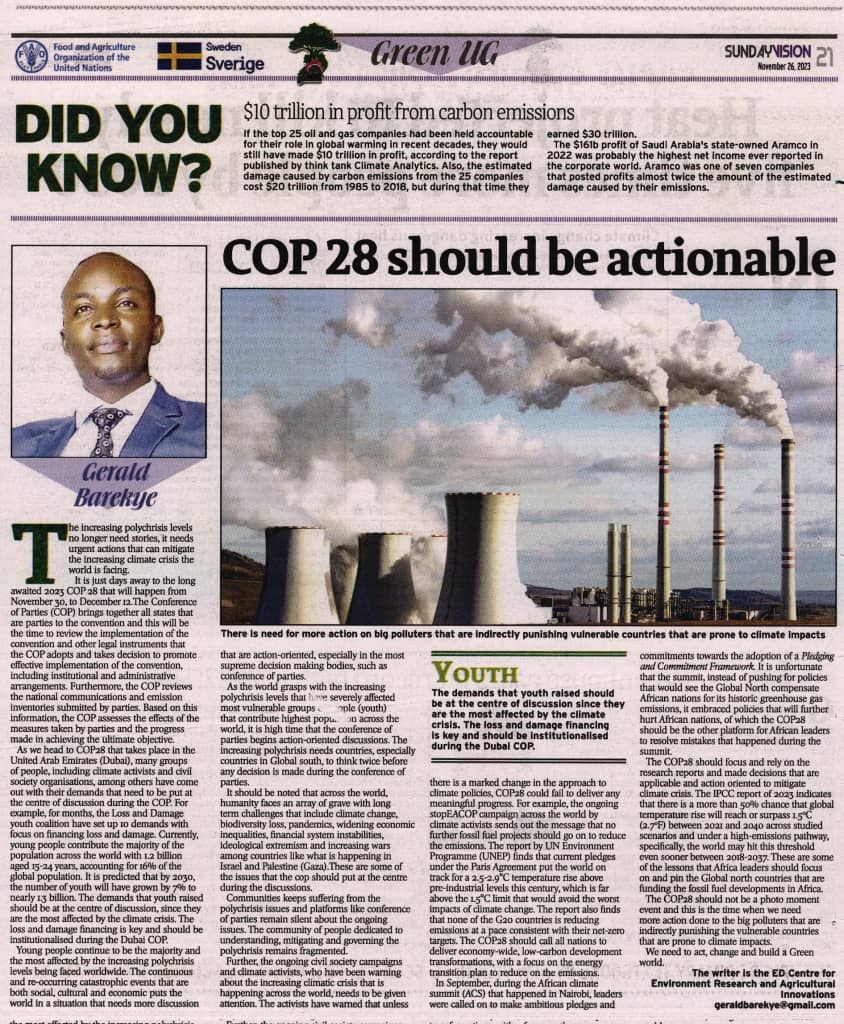What you need to know:
- Notably, many wetlands in Uganda have been encroached on for human activities and industrialisation but there seems no response from the authorities. This can be explained by the continued destruction of wetlands to grow rice.
In July, Cabinet through the minister of State for Environment, Ms Beatrice Anywar, banned the growing of all crops in wetlands across the country.
However, people have continued practising farming in wetlands with growing rice and animal rearing which is putting the environment at stake and leading to the climate change crisis we are experiencing today.
Notably, many wetlands in Uganda have been encroached on for human activities and industrialisation but there seems no response from the authorities. This can be explained by the continued destruction of wetlands to grow rice.Read more
